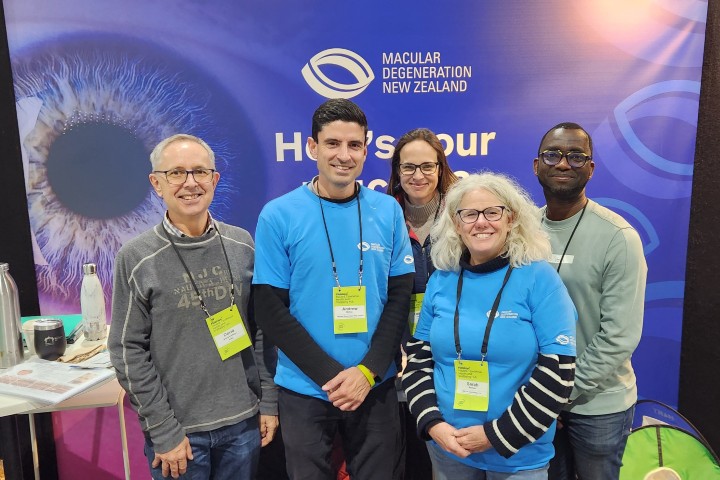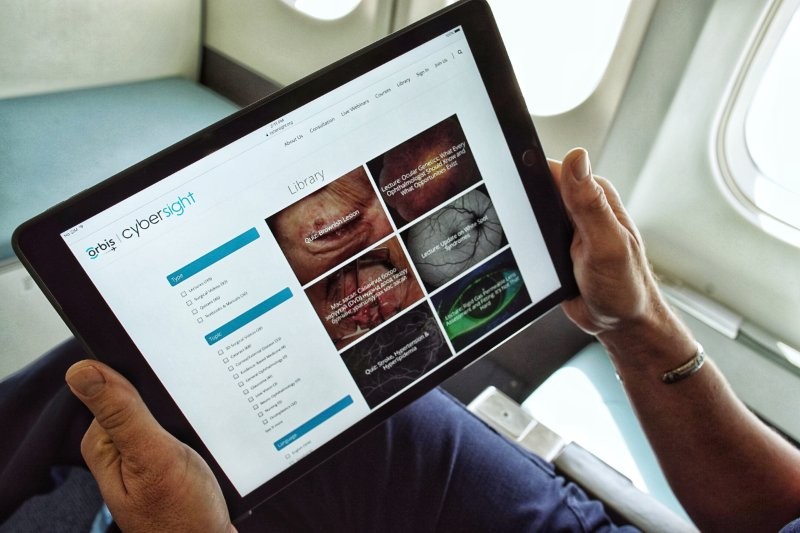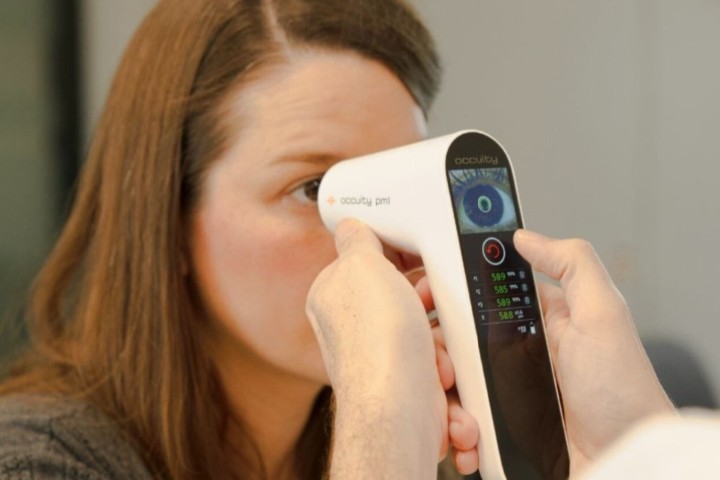Patients favour AI to speed up IRD diagnosis
A UK survey found patients and their relatives were overwhelmingly in favour of using artificial intelligence (AI) in diagnostic testing of inherited retinal diseases (IRDs) to accelerate genetic diagnosis and improve care.
Despite significant improvements in genomics, the diagnosis of these conditions remains challenging and close to 40% do not receive a definite diagnosis after extensive genetic testing, researchers said.
Exploring patients’ diagnostic journey and the potential acceptability of using AI technologies, such as Eye2Gene, they found that while there was significant variability in patients’ diagnostic journeys – in terms of waiting times to see a specialist (1–4 years), commute required (16–116km) and number of visits to reach a diagnosis (2–4, with 35.8% experiencing a change in diagnosis) – the majority of respondents (>90%) were in favour of integrating AI into the IRD pathway.


























